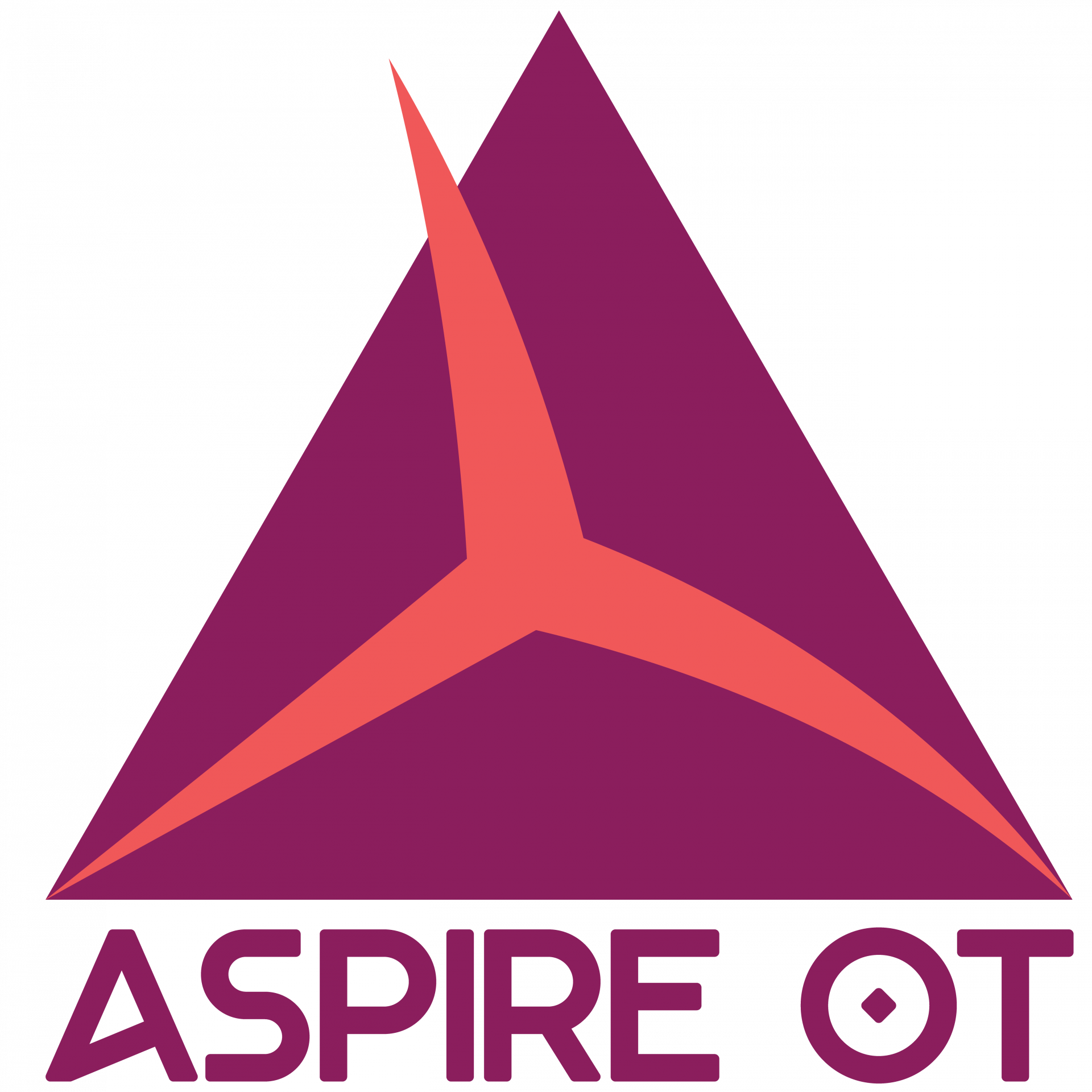In this blog series we have examined just how underrecognized occupational therapy is and then we looked at the factors that have impacted our under-recognition. In the last blog we discussed the distinct value of occupational therapy and how we as a profession have the training and skills to lead healthcare teams within a more holistic approach. I think the logical next step is to begin to discuss what we as OTAs, OTs, and students can do to increase the recognition and understanding of our profession.
My first thought was to delve straight into the steps and actions that can be taken to address the situation. But I realized that we have to first have a clear vision of what we are trying to achieve. So where do we start? For me that was an easy answer, the AOTA Centennial Vision. Our amazing profession celebrated its 100 year anniversary in 2017. Prior to this, the American Occupational Therapy Association began to develop a strategic planning initiative for the profession and as a first step to the long term process, the Centennial Vision was first published in 2007 and was meant to serve as a roadmap for the future of occupational therapy in celebration of the centennial anniversary. The Centennial Vision statement is as follows
We envision that occupational therapy is a powerful, widely recognized, science-driven, and evidence-based profession with a globally connected and diverse workforce meeting society's occupational needs" (AOTA, 2007, p.1)
I love this vision statement, for me this is exactly what I hope for our profession. This vision statement in my opinion, specifically addresses the key areas that will be required for our profession to thrive in the next 100 years. This vision statement is not just a vision for the future, but I think it is a call for our profession to really evaluate our present situation. This blog series has focused on the lack of recognition of our profession that is mentioned in the statement. Much of the current discussions in our profession are focusing on the diversity of the workforce as well as the science and evidence that supports our services as also mentioned in the centennial vision statement. The subject included in the statement that I don't think is addressed enough is the word "powerful". I was first introduced to the concept of OT as a powerful profession when I attended a keynote address given by Shawn Phipps, PhD, MS, OTR/L, FAOTA and former Vice President of AOTA. During his address he shared with us that there were many discussions surrounding the inclusion of the word "powerful" in the vision statement and that many OT practitioners expressed being uncomfortable with using that word to describe occupational therapy. I have to admit, that word definitely caught my attention when he presented the vision statement.
In 2017 as part of building on the Centennial Vision, AOTA adopted Vision 2025 and then updated it in 2018 to state:
As an inclusive profession, occupational therapy maximizes health, well-being and quality of life for all people, populations, and communities through effective solutions that facilitate participation in everyday living (AOTA, 2019, p. 1).
I totally agree with this statement, but I am going to be honest I am disappointed that Vision 2025 does not specifically state that our profession envisions being powerful, nor does it specifically identify the significance of being science-driven or evidence-based. I understand that these concepts are implied but I feel it is important that we as a profession maintain a clear focus on them to achieve our full potential.
In light of this I would propose that we focus on the elements in both vision statements and I think it is helpful to combine the concepts into one statement for our purposes. I took a stab at it and bolded what I added to Vision 2025.
We envision occupational therapy as a powerful, more widely recognized, inclusive, science-driven and evidence-based profession that effectively maximizes health, well-being and qualify of life for all people, populations, and communities through effective solutions that facilitate participation in everyday living.
It is my opinion that we as a profession will be more recognized when we are able become more powerful and we can consistently demonstrate our effectiveness at improving health, well-being and quality of life for those who receive our services by utilizing science and evidence to inform our practice. I feel that this vision will effectively guide us in our action steps.
Stay tuned for our next blog where we focus on the concept of power and what action steps we can take to become more powerful practitioners as well as empower our profession.

